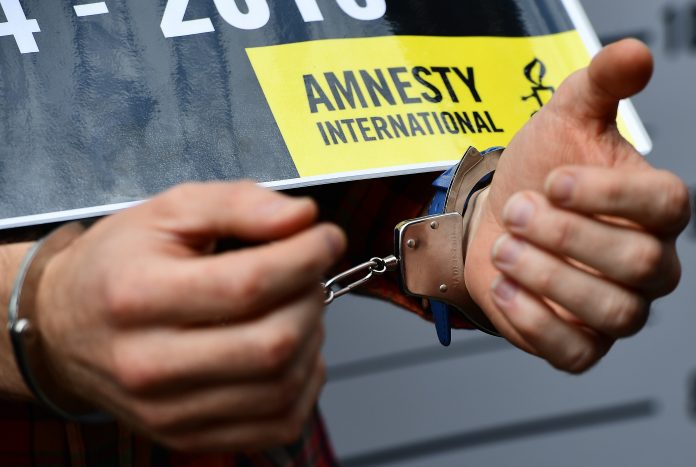
Ethiopian security forces used extrajudicial killings, mass arrests and torture in efforts to suppress an armed group, the Oromo Liberation Army, in 2019, Amnesty International says.
This was the year that Prime Minister Abiy Ahmed won the Nobel Peace Prize.
He has been praised for his reforms, but they may have lifted a lid on ethnic tensions.
The BBC has tried to contact the authorities to respond to the report but they have not reacted.
Among the allegations made by Amnesty International are the illegal killings of 39 people in Oromia regional state.
Through witness testimony, it details how three victims were taken out of police cells and shot dead.
In another incident, a man was killed in front of a crowd after his phone rang during a public meeting, according to witnesses quoted by the rights group.
READ ALSO: ITALY: Public officials arrested as part of Ndrangheta mafia bust up
The security forces are also accused of rounding up people they believed were supporters of the OLA.
The OLA is a breakaway faction of the Oromo Liberation Front, a former separatist rebel group which laid down arms following peace talks with Mr Abiy.
The report also highlights the alleged role of security forces in inter-communal violence in January 2019 in Amhara state, north-west Ethiopia.
It says that at least 130 people were killed in fighting between the Amhara and Qimant communities after local militias were deployed against the Qimant.
Federal soldiers, who were stationed nearby, did not intervene, Amnesty International alleges.
The accusations come as a growing number of voices express concern that old habits of state-sanctioned violence might be creeping back in, reports the BBC’s Kalkida Yibeltal in the capital, Addis Ababa.
READ ALSO: Buhari seeks $5.513 Billion loan from parliament amid pandemic
Although ethnic related violence seems to have relatively subsided in 2020, it remains one of the key challenges facing Mr Abiy’s administration, our correspondent adds.
Source: BBC
































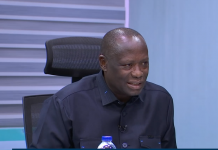






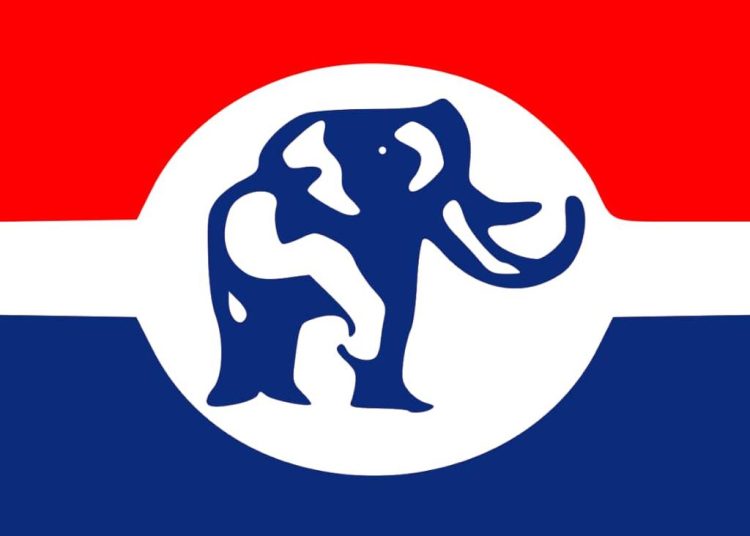
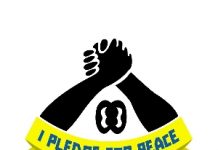














![[FREE FREE MONEY] Predict and Win a Guaranteed GH¢200 From Us EVERY WEEK](https://wordpress.ghanatalksradio.com/wp-content/uploads/2022/02/Predict-and-Win-Final-09-03-2021-218x150.jpg)
![[Predict & Win – 8th/Oct.] WIN A Guaranteed ¢200 From Us This Week](https://wordpress.ghanatalksradio.com/wp-content/uploads/2021/10/maxresdefault-16-218x150.jpg)
![[Predict & Win – 2nd] WIN A Guaranteed ¢200 From Us This Week](https://wordpress.ghanatalksradio.com/wp-content/uploads/2021/09/maxresdefault-50-218x150.jpg)
![[Predict & Win – 25th] WIN A Guaranteed ¢200 From Us This Week](https://wordpress.ghanatalksradio.com/wp-content/uploads/2021/09/maxresdefault-36-218x150.jpg)
![[Predict & Win – 18th] WIN A Guaranteed ¢200 From Us This Week](https://wordpress.ghanatalksradio.com/wp-content/uploads/2021/09/maxresdefault-23-218x150.jpg)
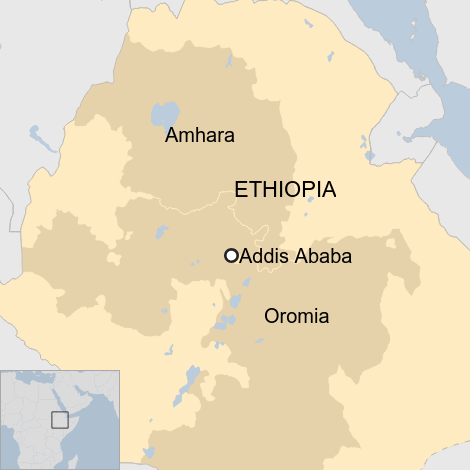







![[National cathedral] See full list of churches that have contributed since 2018](https://wordpress.ghanatalksradio.com/wp-content/uploads/2020/09/Ghana-National-Cathedral-GhanaTalksRadio-100x70.jpg)



